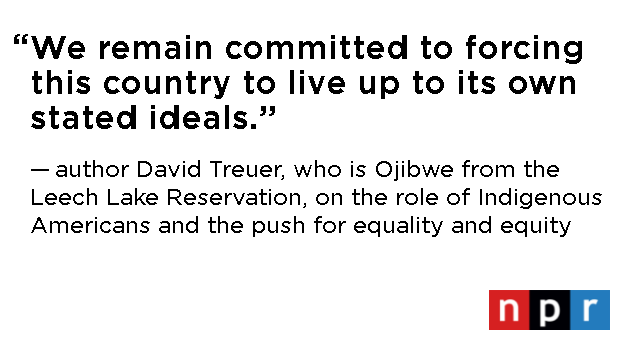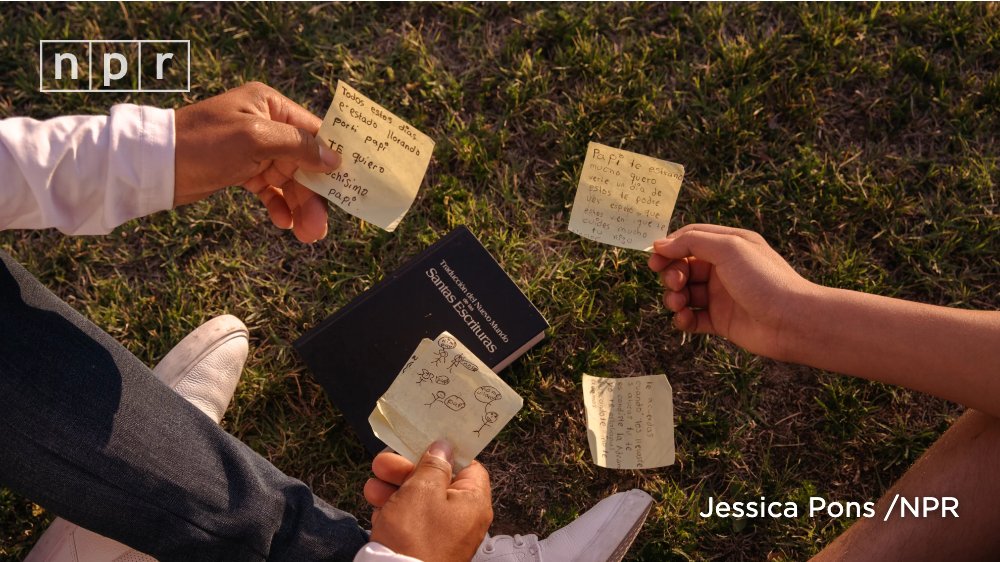
Racial covenants — language that barred Black people and other minorities from living in white neighborhoods — are still on the books across the U.S.
They're unenforceable now, but remain an ugly reminder of the nation’s racist past.
And they can be shockingly hard to remove 🧵
They're unenforceable now, but remain an ugly reminder of the nation’s racist past.
And they can be shockingly hard to remove 🧵

Experts estimate there are millions of racist covenants still on the books across the U.S.
“I’d be surprised to find any city that did not have restrictive covenants,” says LaDale Winling, an expert on housing discrimination.
“I’d be surprised to find any city that did not have restrictive covenants,” says LaDale Winling, an expert on housing discrimination.

Another historian, Colin Gordon, argues that racist covenants are the “original sin” of segregation in America — and are largely responsible for the racial wealth gap that we see today. npr.org/2021/11/17/104…
In the affluent Marin County, California, for example, measures like these covenants prevented people of color from buying homes in certain neighborhoods — which in turn prevented them from building wealth like white families in the area.
In many states, homeowners still have no easy way to strike the racist language from their property records.
Trying to do so is expensive and time consuming. It can be a bureaucratic nightmare. And sometimes, local officials oppose it. npr.org/2021/11/17/104…
Trying to do so is expensive and time consuming. It can be a bureaucratic nightmare. And sometimes, local officials oppose it. npr.org/2021/11/17/104…
But some states have taken action. Illinois became the latest to enact a law to remove or amend racist covenants. Several others have similar laws.
Read more: n.pr/3FsBJdU
Read more: n.pr/3FsBJdU
• • •
Missing some Tweet in this thread? You can try to
force a refresh










